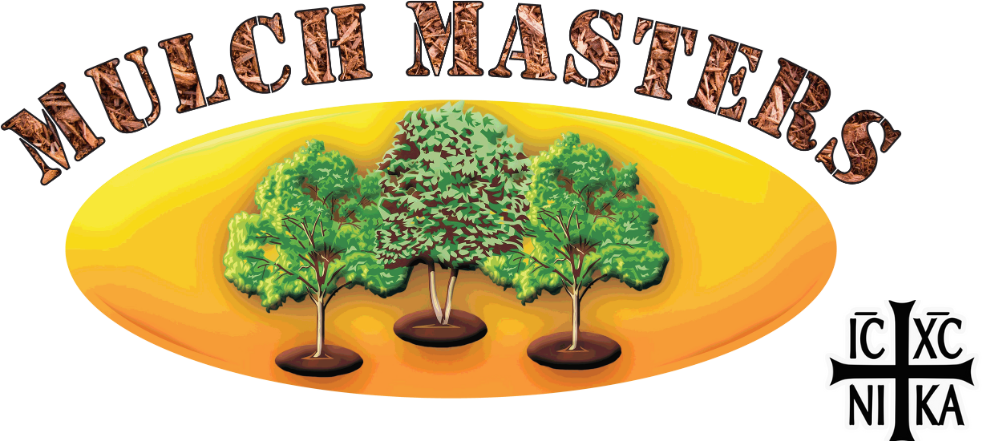If you’re a resident of Perry Hall, MD, you’re likely familiar with the sweltering summer heat that descends on Baltimore County in July. During this time, many homeowners focus on keeping their gardens and landscapes in top shape despite the challenging weather conditions. One question that often arises is whether installing mulch in July is a good idea. While some may think it’s too late in the season, mulching in July is actually a great time to install mulch and it offers significant benefits to your garden. In this article, we’ll explore why mulch installation in July is not only feasible but also beneficial, and we’ll provide tips to ensure you get the most out of your summer mulching efforts.
Answering The Question: Is Mulch Installation In July A Good Idea?
The Benefits of Mulching in July
- Soil Moisture Retention: July is known for its intense heat and often dry conditions. These factors can quickly sap moisture from your soil, leaving your plants struggling to stay hydrated. Mulch acts as a protective barrier, reducing evaporation and helping the soil retain moisture longer. This means that even during periods of low rainfall, your garden stays hydrated, reducing the need for constant watering.
- Weed Suppression: Weeds can be particularly aggressive during the summer months, competing with your plants for water and nutrients. Mulching in July helps suppress weed growth by blocking sunlight, which weeds need to germinate and grow. By covering the soil with a thick layer of mulch, you can significantly reduce the number of weeds in your garden, allowing your plants to thrive without competition.
- Soil Temperature Regulation: The extreme temperatures in July can cause soil temperatures to fluctuate dramatically, which can stress your plants. Mulch acts as an insulating layer, keeping the soil temperature more consistent. This insulation protects plant roots from the intense heat of the day and helps maintain a cooler, more stable environment for your plants, reducing the risk of heat stress.
- Erosion Prevention: Summer thunderstorms are common in Baltimore County, and the heavy rain can lead to soil erosion. Mulch helps to prevent erosion by absorbing the impact of rain and reducing the amount of soil that is washed away. This not only preserves the integrity of your garden beds but also helps to keep nutrients where they belong—in the soil, not washed away with the rain.
- Nutrient Retention: Organic mulch, such as wood chips, straw, or dried leaves, slowly breaks down over time, adding valuable nutrients back into the soil. This process improves the soil’s ability to hold nutrients, which are then available to your plants. By mulching in July, you’re setting the stage for a healthier garden, as the nutrients released from the mulch will support plant growth through the rest of the summer and into the fall.
Challenges of Mulching in July
While mulching in July offers numerous benefits, there are a few challenges to keep in mind. The summer heat can make the task of mulching more labor-intensive, as the physical exertion required can be taxing. Additionally, some might argue that mulching earlier in the season would have provided more consistent benefits throughout the growing season. However, even if you missed the spring window, it’s important to note that the advantages of mulching in July far outweigh the potential drawbacks.
Tips for Successful Mulching in July
To ensure that your July mulch installation is successful, here are a few tips to keep in mind:
- Choose the Right Type of Mulch: Organic mulches like wood chips, straw, or shredded leaves are ideal for summer mulching. They not only provide the moisture retention and insulation benefits you need but also break down over time to enrich the soil.
- Apply Mulch Properly: When applying mulch, make sure to spread it evenly across your garden beds. Aim for a layer that is about 2 to 3 inches thick. Be careful not to pile the mulch directly against the stems or trunks of plants, as this can lead to rot. Instead, leave a small gap around the base of each plant.
- Mulch Around Established Plants: If you’re mulching in July, focus on established plants that are already rooted and growing. These plants will benefit most from the moisture retention and temperature regulation that mulch provides. Newly planted seedlings, on the other hand, may struggle if they are buried under too much mulch, so take care to use a lighter touch in those areas.
- Water Before Mulching: Before you lay down mulch, water your garden thoroughly. This ensures that the soil is well-hydrated before being covered. The mulch will then help to lock in this moisture, reducing the need for frequent watering during the hottest part of the summer.
- Monitor Moisture Levels: After mulching, continue to monitor your garden’s moisture levels. While mulch helps retain moisture, it’s still important to ensure that your plants are receiving enough water, especially during prolonged dry spells. If necessary, water deeply to keep the soil beneath the mulch adequately moist.
Contact Mulch Master Today for Mulch Installations in Baltimore County, MD
Ready to enhance your garden with a summer mulch installation? Mulch Master is here to help. As a trusted landscaper in Perry Hall, MD, we specialize in providing high-quality mulch installations that are tailored to the unique needs of Baltimore County residents. Our expert team will ensure that your garden is properly mulched, helping you maintain a beautiful, healthy landscape even in the heat of summer.
Don’t wait—contact Mulch Master today to schedule your mulch installation. Let us take care of the hard work so you can enjoy a thriving garden all summer long. With our professional services, you can rest assured that your garden will receive the care it needs to flourish. Call us now to learn more about our mulch installation services and how we can help you achieve the garden of your dreams in Baltimore County, MD.
